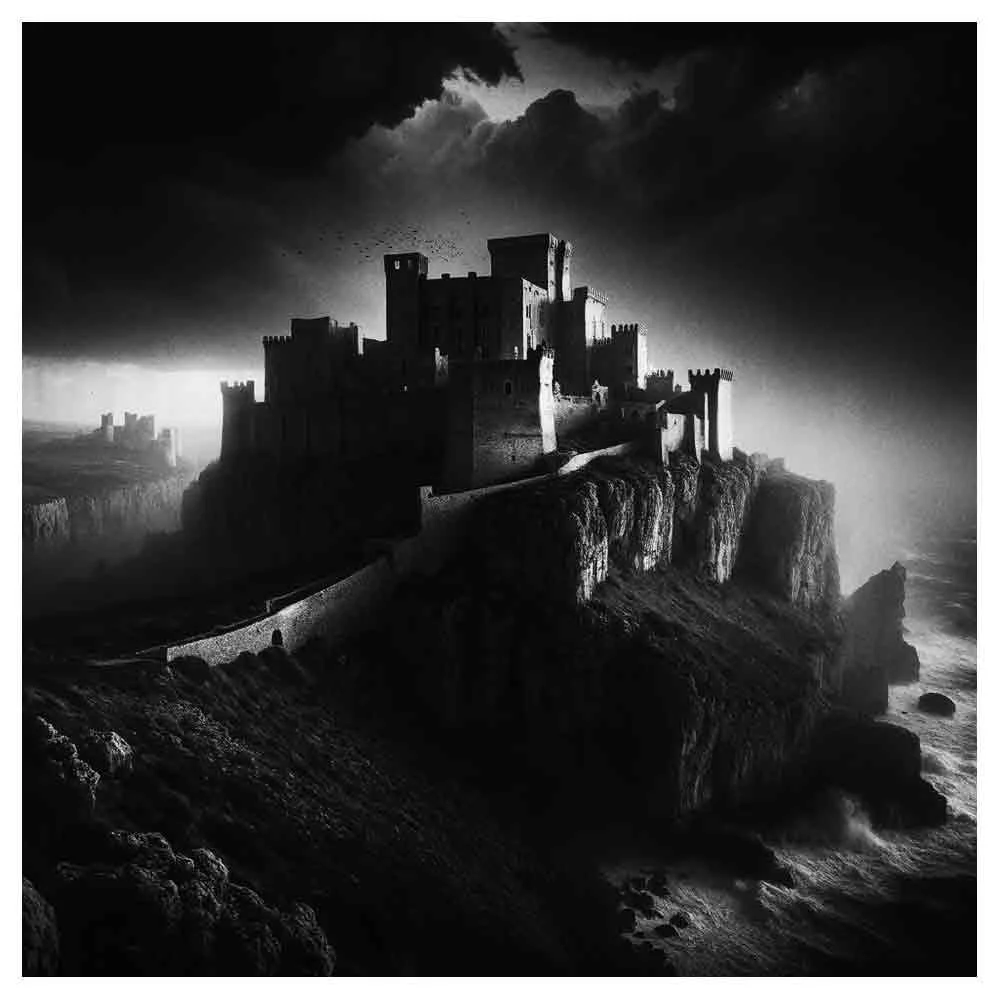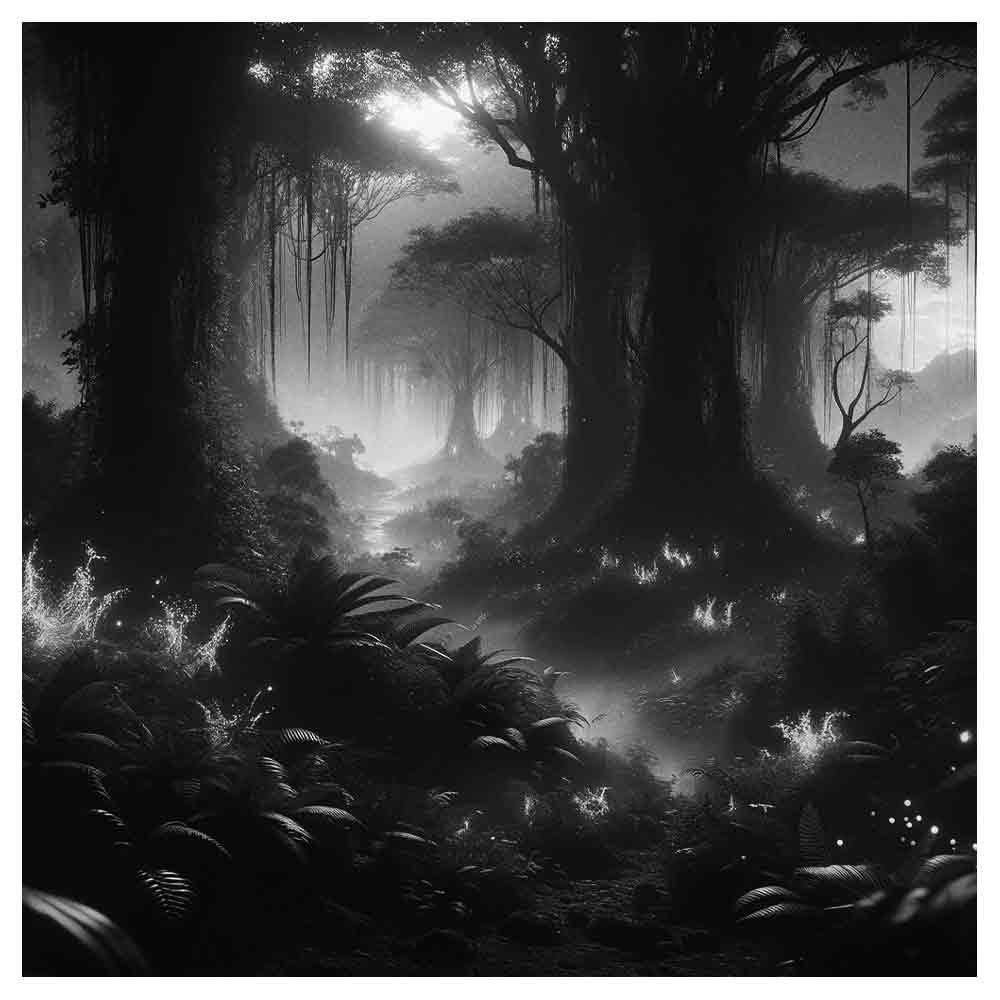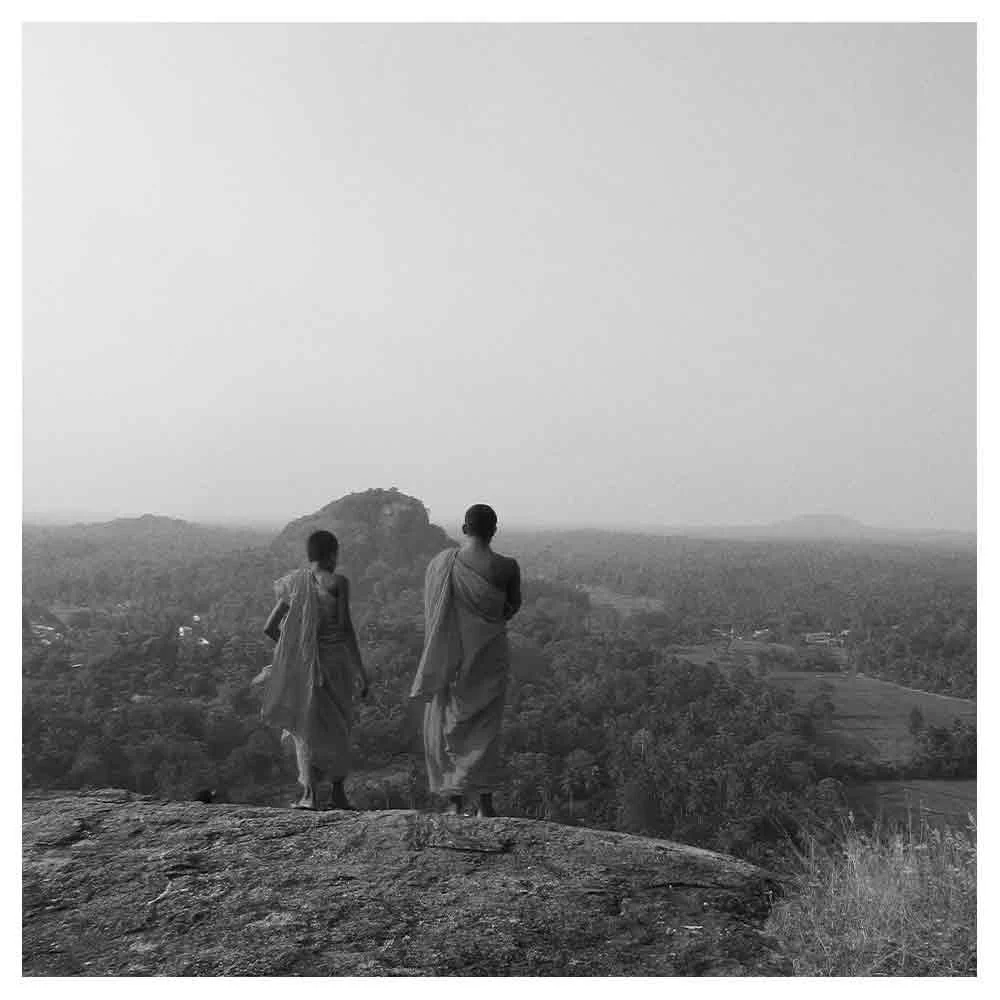101 Universal Themes That Will Transform Your Understanding of Literature and Life
Are you ready to embark on an extraordinary journey through the heart of literature itself? Get set for a whirlwind tour of the 101 most potent, life-altering, and universal themes that storytellers have been weaving into their tales since the dawn of time.
From the swirling depths of unrequited love to the soaring heights of human aspiration, these themes resonate deeply within us all. They shape our understanding of the world and echo the human experience in all its myriad forms.
So grab a cup of your favorite beverage, snuggle up in your cozy reading corner, and prepare to see your favorite books, movies, and art pieces in a breathtaking new light.
Universal themes
1. Love's Many Forms: Exploring true love, unrequited love, and everything in between.
2. The Power Struggle: How power influences characters, governments, and the individual's own power.
3. Journey of Self-Discovery: Encountering self-doubt, inspiration, and personal growth in one's own life.
4. Art and Creativity: The role of art in expressing emotions, ideas, and connecting with a wider audience.
5. The Nature of Humanity: A deep dive into human nature, characters' relationships, and the human condition.
6. Family Bonds: The universal theme of family, its struggles, joys, and central ideas that hold it together.
7. Real Life Adventures: How literary themes and themes in literature translate to real-life experiences and lessons.
8. Survival and Hope: The interplay between nature, hope, and survival against all odds.
9. Rebellion and Revolution: The common themes of societal upheaval, personal revolt, and the corrupting influence of power.
10. Literary Devices and Techniques: Using metaphors, symbolism, and literary devices to create deeper meaning.
11. Futuristic Visions: How future, technology, and innovation shape novel ideas and concepts in storytelling.
12. Exploration of the Self: The aspect of self, identity, and how the main character faces personal challenges.
13. The World Around Us: Universal themes that relate to the world, environment, and our global community.
14. War and Peace: From "Star Wars" to historical battles, exploring conflict, resolution, and peace.
15. Wisdom of the Ages: Lessons from William Shakespeare, timeless literature, and universal ideas that never fade.
16. The Magic of Storytelling: Writing compelling stories, short story crafting, and the joy of reading.
17. Facing the Unknown: The fear, excitement, and courage to explore unknown territories and ideas.
18. The Craft of Writing: Good writing, the role of a writing coach, and how to write with impact.
19. Aspects of Villainy: Character development, villains, and what makes them captivating in literary work.
20. Dystopian Realms: The Handmaid's Tale, futuristic warnings, and societal reflections.
21. Inspirational Heroes: How heroes inspire, the journey they undertake, and the hope they instill.
22. Metamorphosis and Change: The theme of transformation in different themes and literary themes.
23. Big Ideas in Small Packages: How big ideas can be conveyed through abstract idea and subtle details.
24. The Heart of Relationships: The importance of relationships, love, friendship, and family.
25. The Importance of Focus: Universal theme of focus, determination, and achieving goals.
26. The Call of Adventure: The excitement, risk, and reward of embarking on a novel adventure.
27. Quest for Knowledge: The universal pursuit of understanding, wisdom, and learning from examples.
28. Lost and Found: Finding oneself, recovering lost items, or relationships; a theme that resonates with most people.
29. A Sense of Place: How setting, nature, and environment shape story and character.
30. Creators and Creation: Writers, artists, and the creative process that brings ideas to life.
31. The Language of Humanity: Words, communication, and how they shape human experience.
32. Tragedy and Triumph: Universal themes of loss, victory, tragedy, and personal triumph.
33. A Touch of the Supernatural: The mystical, supernatural, and unexplained phenomena.
34. The Wisdom of Nature: Nature's lessons, beauty, and how it relates to human life.
35. Life's Simple Pleasures: Celebrating life, everyday joy, and the little things that matter.
36. The Pursuit of Happiness: The ongoing search for happiness, contentment, and fulfillment.
37. Courage and Cowardice: The universal struggle between bravery and fear, courage, and cowardice.
38. The Red Fern of Memory: Memory, nostalgia, and the symbols that evoke our past (e.g., "red fern").
39. Timeless Youth and Age: The cycle of youth and old age, growth, and wisdom.
40. Cultural Crossroads: How cultures interact, clash, and learn from each other.
41. The Thrill of Mystery: The allure of the unknown, mysteries, and the human desire to solve them.
42. Historical Reflections: The impact of history, lessons learned, and how they shape our present.
43. Human vs. Machine: The relationship between humanity and technology.
44. Sense and Sensibility: Using sense, logic, and emotions to navigate life's challenges.
45. The Universal Struggle: Poverty, injustice, and the fight for equality and human rights.
46. Myth and Legend: Exploring myths, legends, folklore, and their universal appeal.
47. Dreams and Aspirations: The pursuit of dreams, goals, and the path to achieving them.
48. Beauty and Ugliness: The duality of beauty and ugliness, both physical and metaphorical.
49. The Role of Education: Learning, education, personal growth, and empowerment.
50. Fantasy and Reality: The fine line between fantasy, imagination, and real-life experiences.
51. The Human Mind: Psychological themes, mental health, and inner turmoil.
52. Chaos and Order: The balance between chaos, order, structure, and freedom.
53. The Animal Connection: Our relationship with animals, nature, and the environment.
54. Fame and Obscurity: The desire for fame, the price of success, and the obscurity that may follow.
55. Friendship and Loyalty: The bonds of friendship, loyalty, trust, and their importance in human life.
56. Comedy and Tragedy: Humor, tragedy, and the universal appeal of comedy.
57. Revenge and Forgiveness: The complex relationship between revenge, forgiveness, and redemption.
58. Existential Questions: Existentialism, meaning, purpose, and the search for deeper understanding.
59. The Digital Age: Internet, social media, and the impact on human connections and relationships.
60. Gender and Identity: Exploring gender roles, identity, and the fluidity of self-expression.
61. Loss and Mourning: Grief, mourning, loss, and the universal experience of dealing with death.
62. Crime and Justice: The complexity of law, crime, justice, and morality.
63. The Pursuit of Wealth: Wealth, poverty, and the values that drive human desire for riches.
64. Science and Discovery: The pursuit of knowledge, scientific discovery, and human progress.
65. Music and Harmony: The universal language of music, rhythm, and harmony in human culture.
66. The Reader's Journey: Engaging readers, the relationship between author and reader, and the final product of a book.
67. Celebrity and Stardom: Fame, stardom, and the fleeting nature of celebrity.
68. Disease and Healing: Health, illness, healing, and the human struggle with mortality.
69. Journey Through Time: Time travel, history, and the human relationship with time.
70. Space and the Cosmos: Exploration of space, universe, and the mysteries beyond our world.
71. The Role of Women: Femininity, women's rights, and the evolving role of women in society.
72. Children and Innocence: Childhood, innocence, growth, and the universal theme of maturation.
73. Migration and Belonging: Migration, displacement, belonging, and the search for home.
74. Magic and Wizardry: Magic, sorcery, and the universal allure of the supernatural.
75. Addiction and Recovery: Addiction, recovery, and the human struggle with dependency.
76. Fashion and Appearance: Fashion, style, appearance, and the role they play in identity.
77. The Global Village: Globalization, cultural exchange, and the connected world.
78. Warrior's Path: The warrior's journey, valor, honor, and the universal theme of heroism.
79. Business and Ethics: Business, ethics, and the moral dilemmas in the professional world.
80. Holiday and Celebration: Holidays, festivals, celebrations, and the universal joy of coming together.
81. Political Intrigue: Politics, intrigue, power, and the game of political maneuvering.
82. Parenting and Growth: Parenthood, raising children, and the lessons learned along the way.
83. Sports and Competition: Sports, competition, teamwork, and the human drive to win.
84. Religion and Spirituality: Faith, spirituality, religion, and the human quest for meaning.
85. Loneliness and Connection: Loneliness, solitude, and the universal need for human connection.
86. Making Connections Across Cultures: Cultural understanding, tolerance, and making connections between diverse groups.
87. Literature and Legacy: Literature's lasting impact, classic works, and their continued relevance.
88. Sensuality and Desire: Sensuality, desire, and the human experience of passion.
89. Tradition and Change: Tradition, change, adaptation, and the tension between old and new.
90. Food and Sustenance: Food, nourishment, culture, and their role in human life.
91. Fantasy and Imagination: The power of imagination, fantasy worlds, and creative thinking.
92. Night and Day: The duality of night and day, light and darkness, good and evil.
93. Poetry and Expression: Poetry, artistic expression, and the beauty of words.
94. Justice and Injustice: Justice, injustice, fairness, and the universal quest for righteousness.
95. Fear and Courage: Fear, courage, facing fears, and the strength found in adversity.
96. Climate and Environment: Climate, environment, conservation, and human stewardship of the Earth.
97. Technology and Humanity: Technology's impact on humanity, ethics, and the future.
98. Work and Leisure: Work, leisure, balance, and the universal quest for fulfillment.
99. Secrets and Lies: Secrets, lies, trust, and the complex web they weave in human relationships.
100. The Art of Storytelling: The storytelling craft, narrative structure, and the timeless art of telling stories.
101. The Great Mystery of Life: Life's mysteries, unknowns, existential questions, and the ongoing human quest to understand.
Conclusion
These themes are the threads that weave the grand tapestry of literature and the narrative of human existence. They bring us together in shared experience, understanding, and empathy.
So the next time you open a book, watch a movie, or observe an art piece, remember the universal themes.
See how they echo in your life and connect us all. Because understanding these themes is more than just a literary exercise—it's a journey into the soul of humanity itself.
Frequently Asked Questions about Universal Themes (FAQs)
What is a universal theme, and how is it different from other literary themes?
A universal theme is a central idea or concept that resonates with people across cultures and periods.
Unlike more specific literary themes, which may be tied to a particular story or culture, universal themes explore fundamental aspects of the human condition.
Whether you find yourself in the world of Star Wars or the writings of William Shakespeare, you'll encounter these themes in many forms.
Can you provide some theme examples that are considered universal?
Sure! Examples include love, power, hope, and the nature of humanity. These are abstract ideas that can be found in a wide variety of stories, from a short story about true love to themes in literature that explore corrupting influence.
How do common literary themes relate to real life and our own life experiences?
Literary themes often reflect real-life situations. For instance, the theme of self-doubt in Handmaid's Tale might resonate with your own life experience, while a focus on the human experience might relate to universal ideas we all face.
Are there specific literary devices that help convey universal themes?
Yes, writers employ various literary devices like metaphor, symbolism, and character development to explore deeper meaning.
These tools enable the author to convey central ideas and big ideas in a way that relates to a wider audience.
How can one theme be expressed in different themes?
Themes can take on many forms, appearing differently depending on the context. For example, the concept of power might be explored in terms of political control, personal empowerment (own power), or even the power of nature.
How can I improve my own writing to explore these themes effectively?
Good writing involves making connections between concepts and life experiences. Consider working with a writing coach, explore different literary works, and don't be afraid to delve into abstract ideas.
Inspiration can come from the past, future, or the world around you.
How can universal themes be used in teaching literature?
Universal themes offer a central focus that can be used to relate different stories and novels. By comparing how the main character faces challenges or the way a short story explores human nature, you can engage readers and help them make sense of the text.
What are some most common themes that transcend genres?
Some most common themes that resonate across genres include love (from unrequited love to true love), hope, human nature, and the exploration of relationships and family.
Whether in art, literature, or the final product of a novel, these themes connect us all in the same way.
Is there a universal theme that encapsulates all of humanity?
While no single theme can fully capture the complexity of humanity, themes like love, the human condition, and relationships are pervasive aspects that often appear in the characters and stories we create.
How can these themes inspire us in our daily lives?
Universal themes are not confined to the pages of a book. They can inspire us to explore our own nature, find hope in challenging times, and write our own stories. Whether through words, a sense of power, or the connections we make with family and the world, these themes are the essence of our human experience.






























